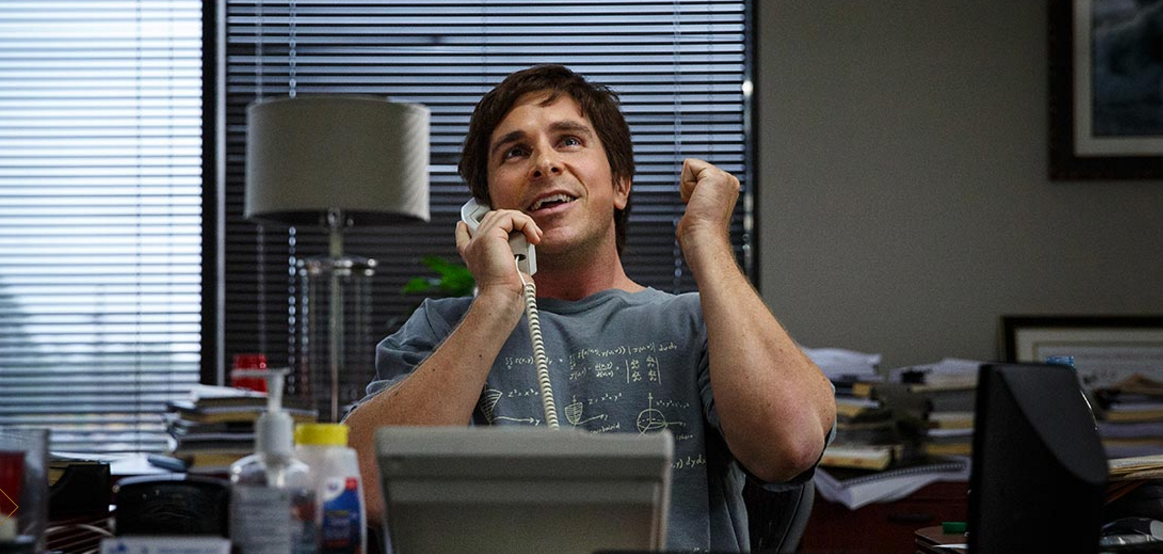Cannes favorite, Woody Allen, made his 14th festival appearance with Café Society this year. In typical Allen fashion, the film stars big name actors including Jesse Eisenberg, Kristen Stewart, Steve Carell, Blake Lively and Corey Stoll, but despite the big names, Allen’s recent films have garnered most of their major buzz based on negative press. While the films cinematography, production design, and soundtrack are admirable, its poor performances and weak writing make it land on Allen’s growing flop list.
The film begins as Bobby (Jesse Eisenberg) moves from the Bronx out to the west coast hoping to experience Hollywood’s golden age. Once there, his Uncle Phil (Steve Carell) offers him a job. On his first day he meets Vonnie (Kristen Stewart) with whom he is instantly smitten. Vonnie first rejects his advances, but, when she is dumped by her boyfriend, she immediately comes crawling straight towards Bobby like a lost, lonely puppy. Following a series of unfortunate events and misunderstandings, Bobby is left alone and returns heart broken and hardened to New York. A few years pass and it seems as though Bobby’s life heads up hill. He marries Veronica (Blake Lively), has a child, and starts up a wildly successful nightclub with his brother, Ben (Corey Stoll). But, just when his life seems to be going perfectly, the trouble begins: Vonnie pops back into Bobby’s life. They share their dreams and their “what could have beens,” but they never fulfill their unrequited love.
Undoubtedly inspired by himself, Allen portrays Bobby as a naïve and romantic young man who must squash his romantic dreams to continue a life of monogamy and monotony. Eisenberg does a good job in portraying Bobby’s transition from immature young man to cynical adult, but unfortunately, the half-assed performances, unbelievable relationships, and the inclusion of themes repeated in Allen’s body of work make the plot uninteresting. It is normal for an artist to draw inspiration from their personal lives; it is usually encouraged. But, when the artist writes and directs films every other year, their work easily become boring and repetitive. Jesse Eisenberg, now an Allen film vet, plays essentially the same character he played in When in Rome. Instead of an aspiring architect like Jack, Bobby aspires
to work in Hollywood. Instead of falling for a beautiful and intelligent actress unlike any girl he has met before, he falls for a beautiful and intelligent secretary working in Hollywood unlike any girl he has met before. Like Jack, Bobby stays with the safe blonde rather than risking it all for an alluring brunette.
Kristen Stewart’s performance as Vonnie is basically Kristen Stewart wearing more pink dresses than normal. Stewart’s real life “tomboy” attitude peeps through as she attempts to portray a girly, bubbly, and captivating secretary. When adorned in fancy jewels and elegant furs, she looks uncomfortable, as if rejecting her character. In scenes requiring any romantic interaction, she appears hesitant and reserved. Also, casting Steve Carell as a suave and accomplished Hollywood hotshot hinders the believability of his character (typecasting at its finest).
The lack of depth in Stewart’s acting can be easily attributed to the lack of depth of her character. As a matter of fact, the lack of depth of all the female characters. Allen is known for writing idolized and romanticized female characters, but that is no excuse to continue writing such one dimensional, mind-numbing characters film after film. Both Vonnie and Veronica are introduced and sustained on such superficial level that limits the audience’s ability to see them
as more than objects.
With accusations about Woody Allen’s history of sexual abuse, the reveal of Vonnie and Uncle Phil’s relationship is unsettling rather than comical. It definitely does not help that Allen’s indiscretions are under the media microscope even more heavily now thanks to the rape joke at the opening ceremony. On top of the allegations, the lack of chemistry and authenticity in the on-screen relationships between Vonnie and Uncle Phil and Vonnie and Bobby leave the main story line and the jokes falling flat.
The only truly comedic moments include Bobby’s family. Bobby’s large and meddlesome family finds itself in sticky situations as they react to the events in their lives. Sadly, those scenes do not push the story line forward in anyway; they just exist for comedic purposes. Recycled and tired jokes, themes, and plotlines make for a boring and predictable film. Despite its trademark Woody Allen touches, Café Society does not live up to the director’s
past films.
Cafe Society is in theaters July 15th




